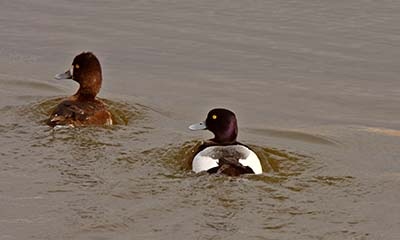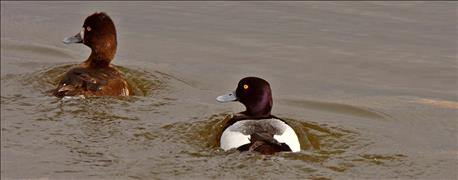April 7, 2016

USDA is now accepting proposals for funding to help eligible conservation partners leverage local investments to provide technical assistance and financial resources for wetland protection and improvements. Proposals must be submitted to NRCS state offices by May 16, 2016. A total of $15 million is available.

Wetland reserve easements allow landowners to enhance and protect habitat for wildlife. (Photo: bobloblaw/Thinkstock)
The Wetland Reserve Enhancement Partnership (WREP) is one way state and local governments, non-governmental organizations and tribal governments collaborate with USDA’s Natural Resources Conservation Service (NRCS) to increase the number of voluntary conservation projects for targeted, high priority wetland protection, restoration and enhancement. Local and regional WREP partners match federal funding and technical assistance to increase the assistance they can provide to eligible private landowners interested in enrolling their agricultural land into conservation wetland easements. WREP is a special enrollment option under USDA’s Agricultural Conservation Easement Program (ACEP).
“USDA is committed to protecting and enhancing our nation’s wetlands, which are critical to the quality of our nation’s waters, wildlife and landscapes,” said NRCS Chief Jason Weller. “We are looking to our partners for innovative project proposals so we can expand our work on critical wetlands and yield results that make project participants proud.”
Wetland reserve easements allow landowners to enhance and protect habitat for wildlife on their lands, reduce impacts from flooding, recharge groundwater and provide outdoor recreational and educational opportunities. The voluntary nature of NRCS easement programs allows effective integration of wetland restoration on working landscapes, providing benefits to farmers and ranchers who enroll in the program, as well as benefits to their communities.
Source: USDA Natural Resources Conservation Service
You May Also Like




